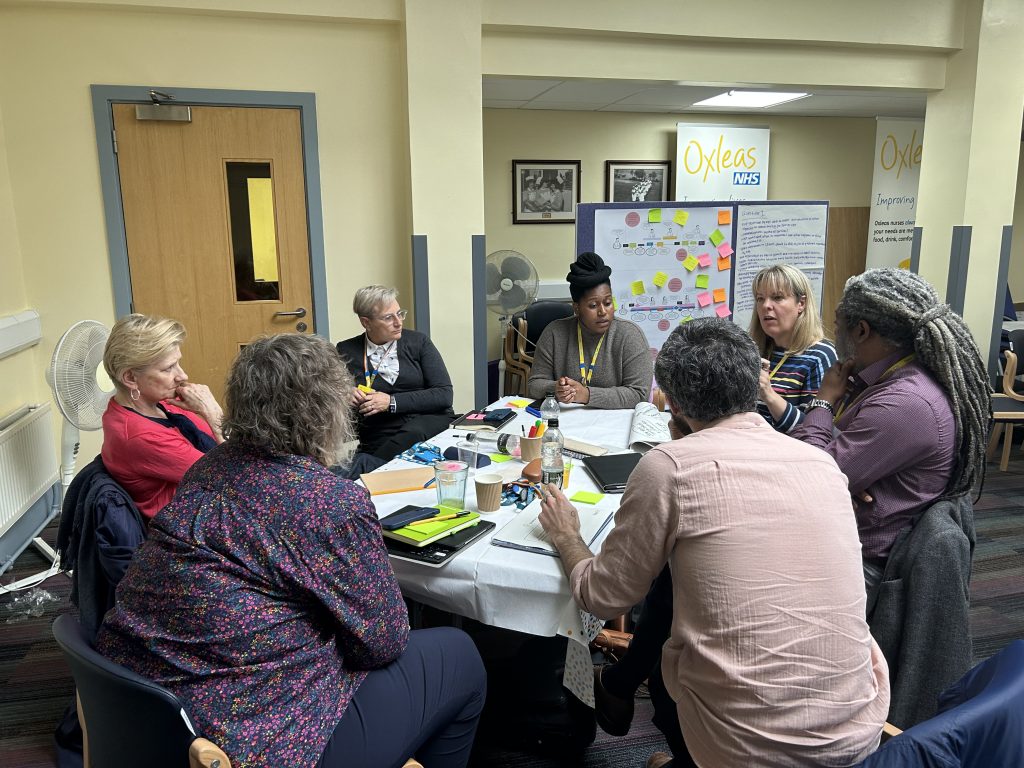Download the full report
Read the detailed report to find out more about the project.
Download here
This resource and report summarises key outputs from the work of Janis Griffiths, a Darzi fellow who was co-hosted by Oxleas NHS Foundation Trust and the Health Innovation Network in 2023.
Existing mental health pathways are age-determined, involving a transition of care from child to adult services for young people in need of ongoing support who are approaching 18. This change is often described as challenging by young people, and current services are not felt to be adaptable to the specific needs of young people. This project focused on developing a proposed model that would facilitate a more needs-led approach.
The model was developed through the following phases of work:
Understanding the service and the problem via desk-based research and interviews with stakeholders.
Identifying changes to prioritise through interviews with young people and parent/carers, and synthesising this information via mapping techniques.
Developing model ideas via focus groups, interviews, a co-design workshop and options appraisal.
Making plans to implement a pilot of the model.
Planning to sustain the work after the end of the Darzi fellowship.
The ideas gathered through this process culminated in a proposed model which set out a range of changes to the existing pathway which would:
The next steps for the project will be to gather information about demand, confirm that the model remains appropriate to test in light of this data, and plan for implementation and evaluation of a pilot in one borough before rolling out across geographies if the pilot is a success.
Interested in speaking to the team about mental health service transitions?
Contact us